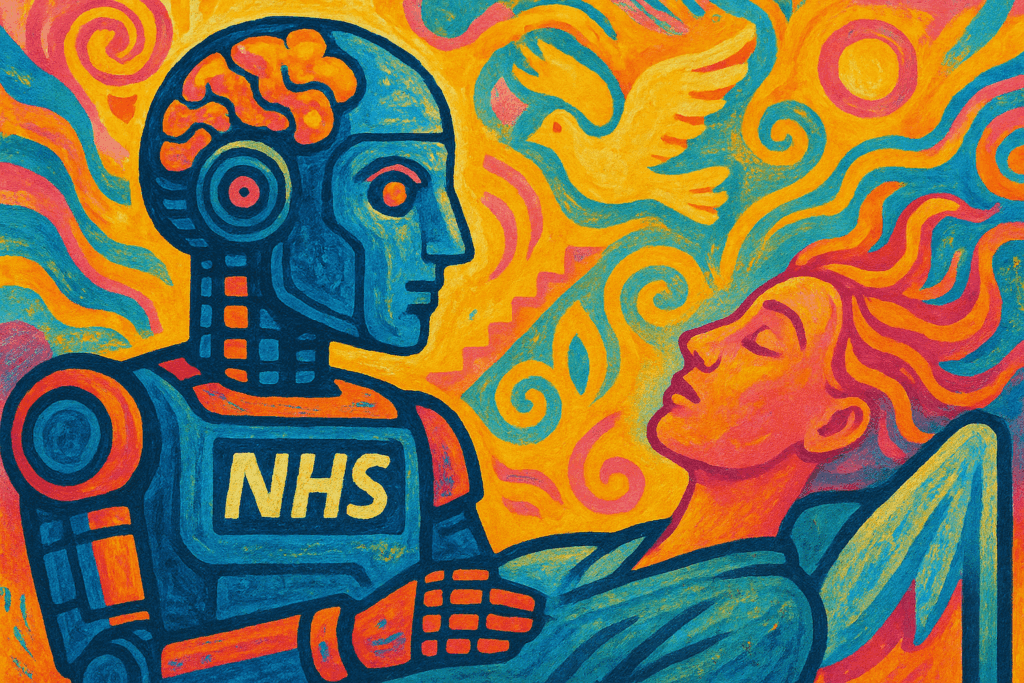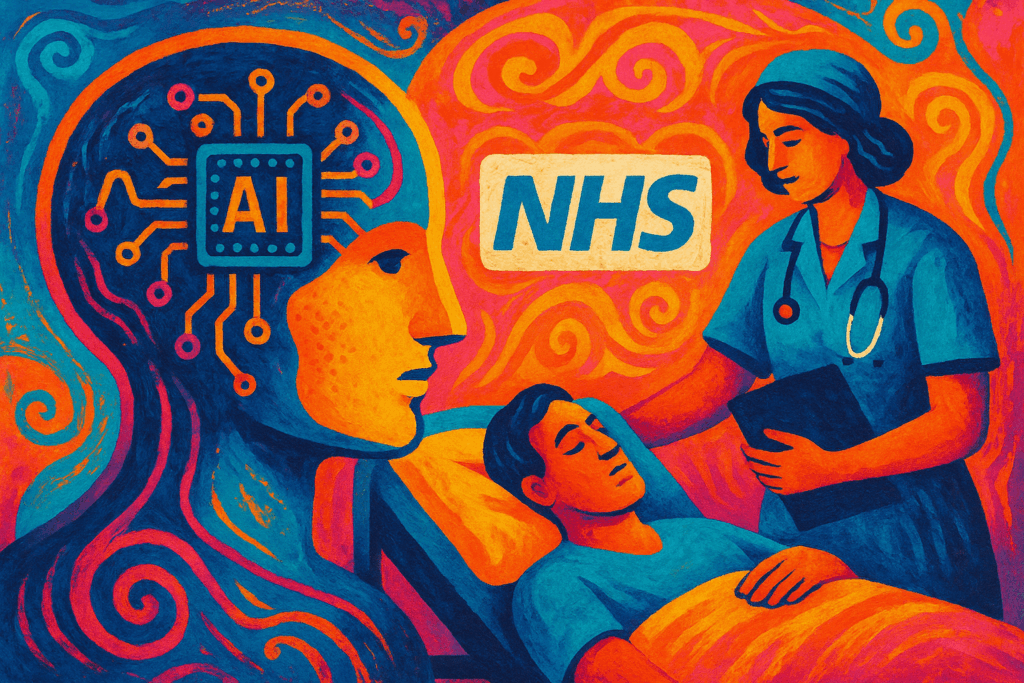The Rise of AI in Health Information Seeking
In recent years, there has been a marked increase in individuals turning to artificial intelligence (AI) tools and online platforms for health-related information. Studies indicate that nearly one in ten people now use AI-based resources as a first step to understand symptoms, treatments, or medical advice. This shift reflects broader changes in how patients seek to understand their health outside traditional clinical encounters, motivated by both convenience and accessibility to digital options.
Understanding the Risks: Misinformation and Context
While AI offers quick access to information, it also carries significant risks. One key concern is the prevalence of inaccurate or misleading health content that AI models may provide or amplify. AI systems often lack the nuanced understanding of individual medical histories and may misinterpret symptoms without full clinical context. Additionally, algorithms can inadvertently promote biased or harmful advice based on underlying data limitations. Notable instances include AI tools suggesting inappropriate treatments or downplaying the seriousness of symptoms, which can lead to delayed care or unsafe self-diagnosis.
Strategic Opportunities for Healthcare Providers
Healthcare organizations have an opportunity to respond by actively engaging patients within digital spaces. This means deploying clear, relatable communication and trusted AI-driven resources that complement clinical care. Creating accessible educational content that addresses common misconceptions can improve patient understanding. Encouraging dialogue through digital platforms also fosters stronger patient-provider relationships. By integrating data-driven insights, providers can tailor their outreach to meet evolving patient needs more effectively, bridging gaps caused by misinformation.
A Call for Responsible AI in Health
The evolving landscape of AI in health information calls for a balanced approach. Healthcare stakeholders must prioritize developing and promoting trustworthy AI solutions that consider medical complexity and patient safety. At the same time, users should be equipped with skills to critically assess digital health content. Combined, these efforts can reduce misinformation-related risks and improve health outcomes. Forward-thinking strategies in AI deployment paired with ongoing digital health literacy efforts will play a pivotal role in shaping the future of patient engagement.




